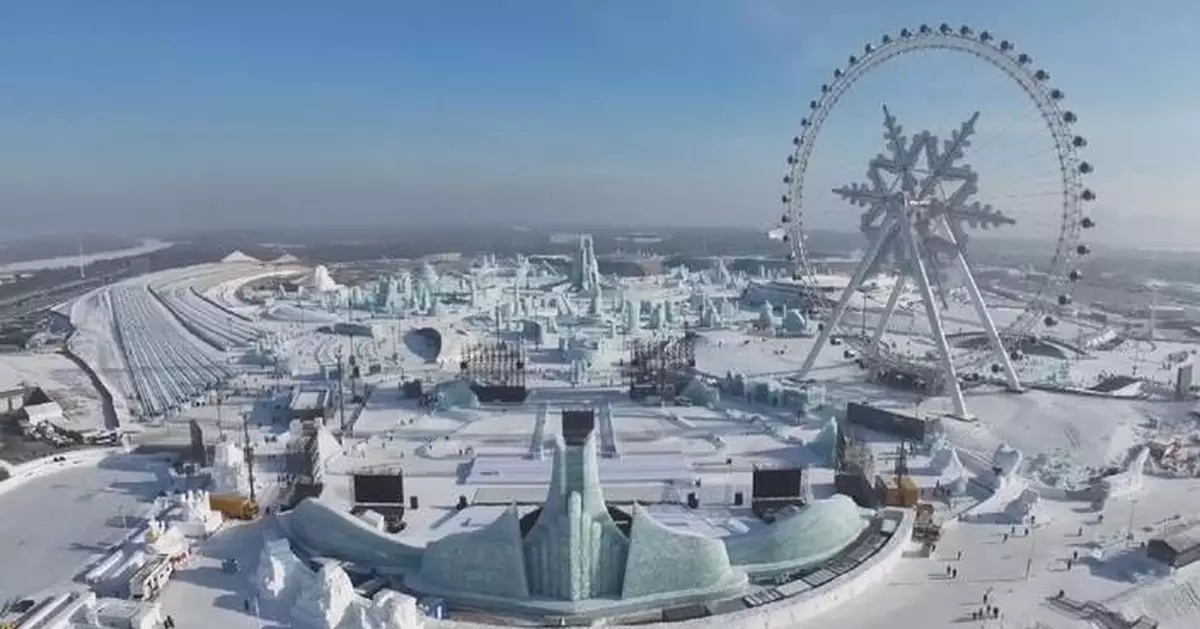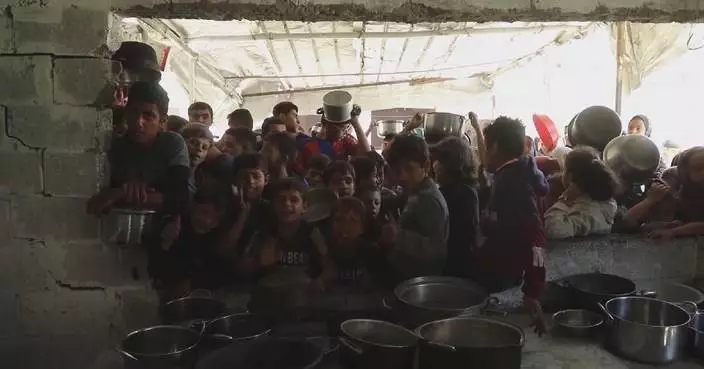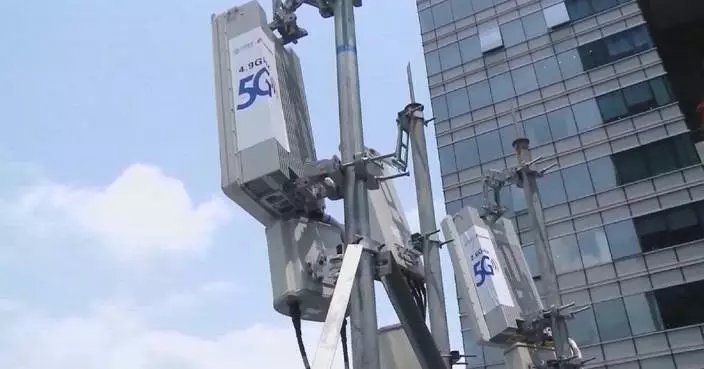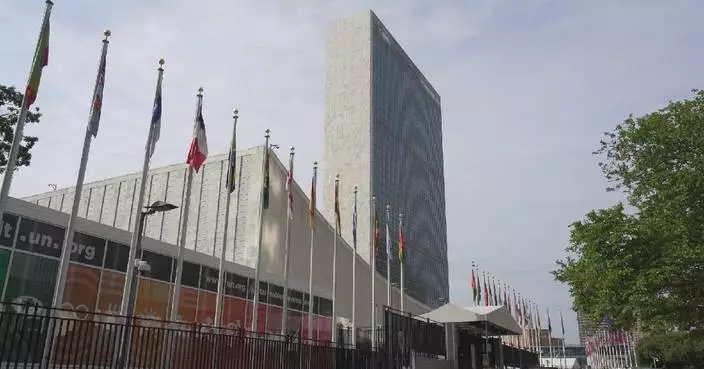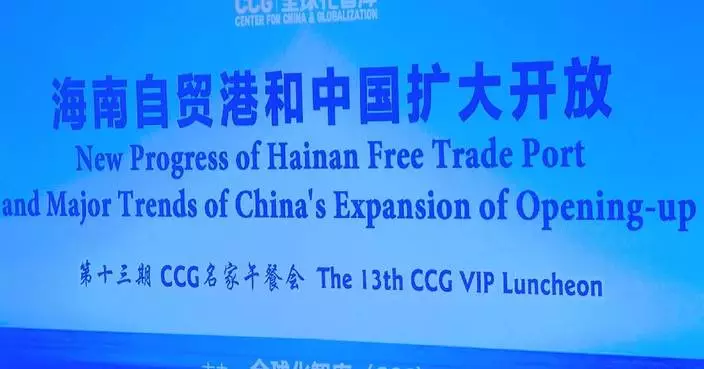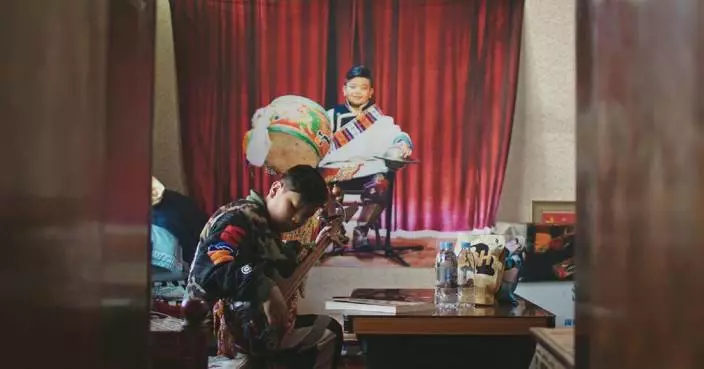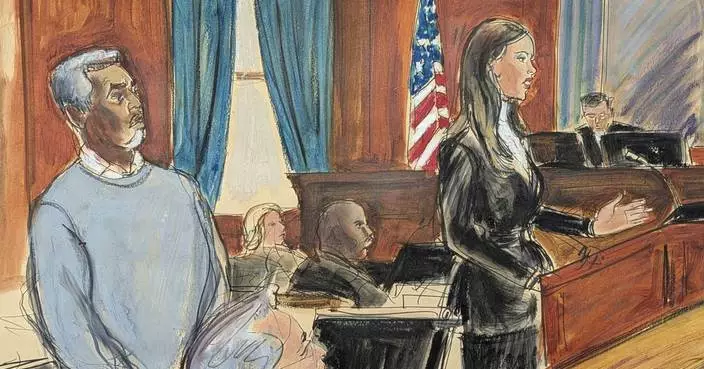Winter tourism in the northeastern Chinese city Harbin entered a high season as the Harbin International Ice and Snow Festival opened on Sunday.
In the Harbin Ice and Snow World, the prime destination for winter tourists in the city, new sculptures from the just concluded 36th Harbin International Ice Sculpture Competition are unveiled to the public.
Unlike the larger, monumental ice sculptures typically seen at the park, these competition pieces, brought by artists from 12 countries, emphasize fine details and are better appreciated up close.
This year's Ice and Snow World is still rolling out new ice sculptures after opening for half a month. This set of ice sculptures of terracotta warrior sculptures, for example, was just completed.
So far the Ice and Snow World has received 804,000 visitors, a year-on-year increase of 24.3 percent. The tourism season is expected to peak soon, as the city enters its high season marked by the opening of the 41st Harbin International Ice and Snow Festival.
The festival, one of the world's four major ice and snow festivals, also coincides with the 9th Asian Winter Games taking place in Harbin in February, which further heats up tourism for the city.
The Ice and Snow World also hosts a studio of China Media Group, which will be broadcasting programs related to the Asian Winter Games from the heart of China's "ice city."
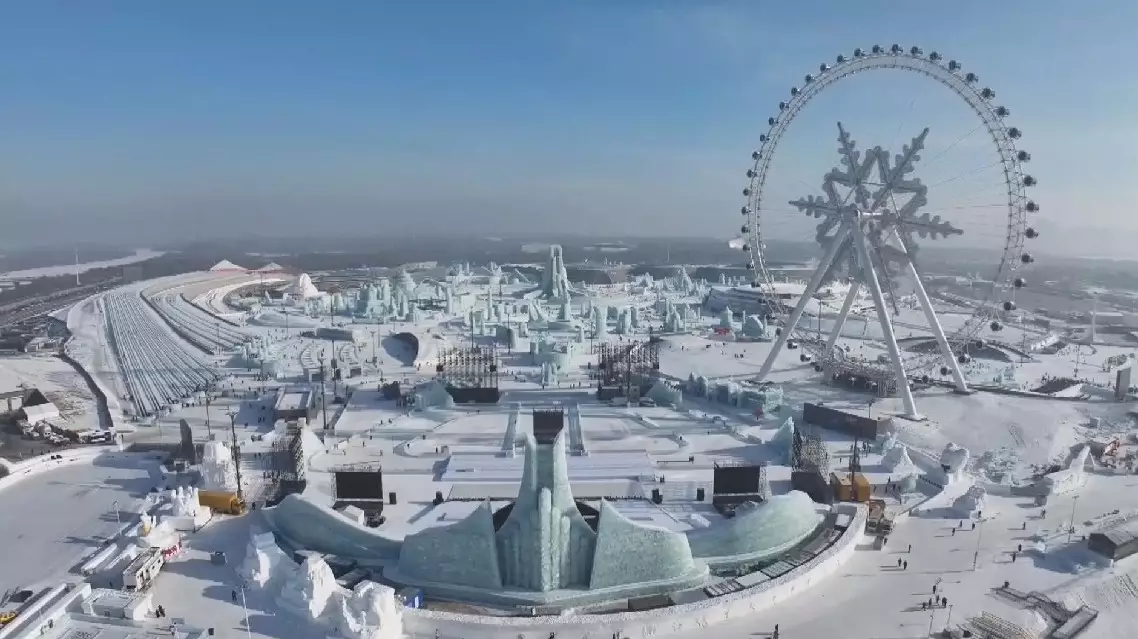
Ice festival further boosts Harbin's winter tourism
At precisely 07:15 each morning, veteran meteorologist Tsering Dekyi launches a weather balloon from Lhasa Meteorological Station, continuing a ritual that has documented the remarkable transformation of the capital city of southwest China's Xizang Autonomous Region over half a century.
For 26 years, Dekyi has maintained this precision-critical routine where even a one-second delay constitutes a professional failure.
"Attention to details is vital. The tiniest error can cause disaster. A mistake of just 0.1 in the data input can have a major impact," she said.
As the balloon rises into sky, it captures atmospheric readings while revealing panoramic views of Lhasa's evolving skyline, where ancient temples now neighbor modern infrastructure.
The daily launches, conducted at optimal atmospheric conditions, showcase how this ancient city harmonizes heritage with development. Through the lens of balloon-mounted cameras, prayer-flag adorned rooftops give way to sprawling new residential districts and the gleaming Lhasa-Nyingchi railway terminus.
Meteorological balloons have risen from this station since the 1970s, their flight paths unintentionally chronicling urban expansion. Where observers once saw mostly farmland, they now document a regional hub with highways radiating across the plateau and solar farms powering growth.
As Dekyi watches another balloon shrink to a dot, its sensors will transmit real-time updates about the rarefied air above one of Asia's fastest-transforming cities, where tradition and progress share the same horizon.
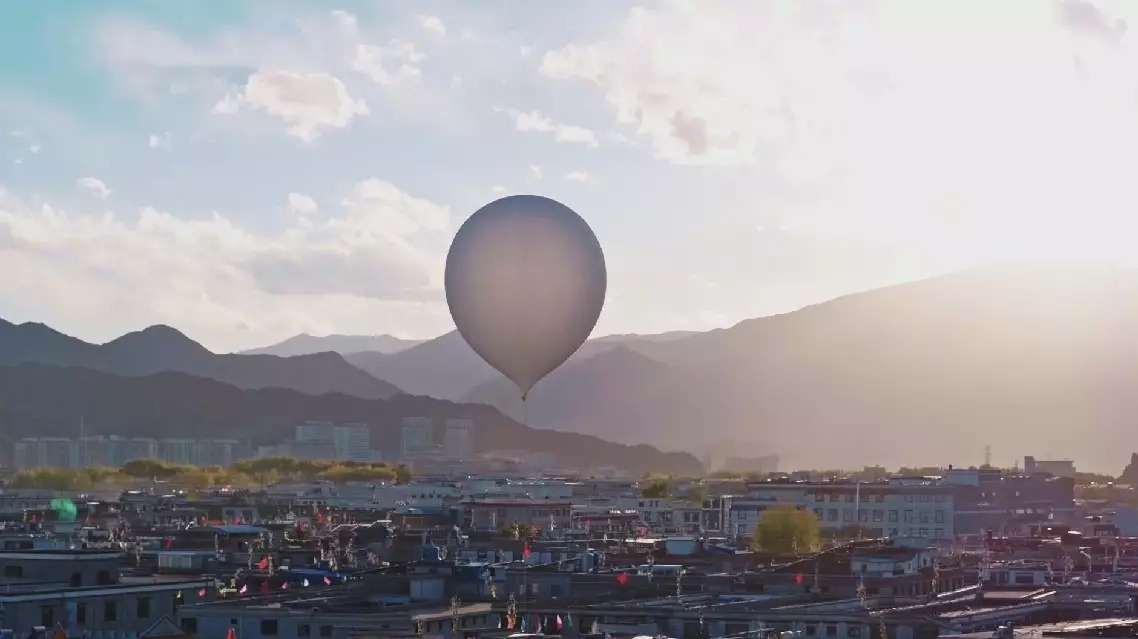
Weather balloons witness Lhasa's remarkable transformation



